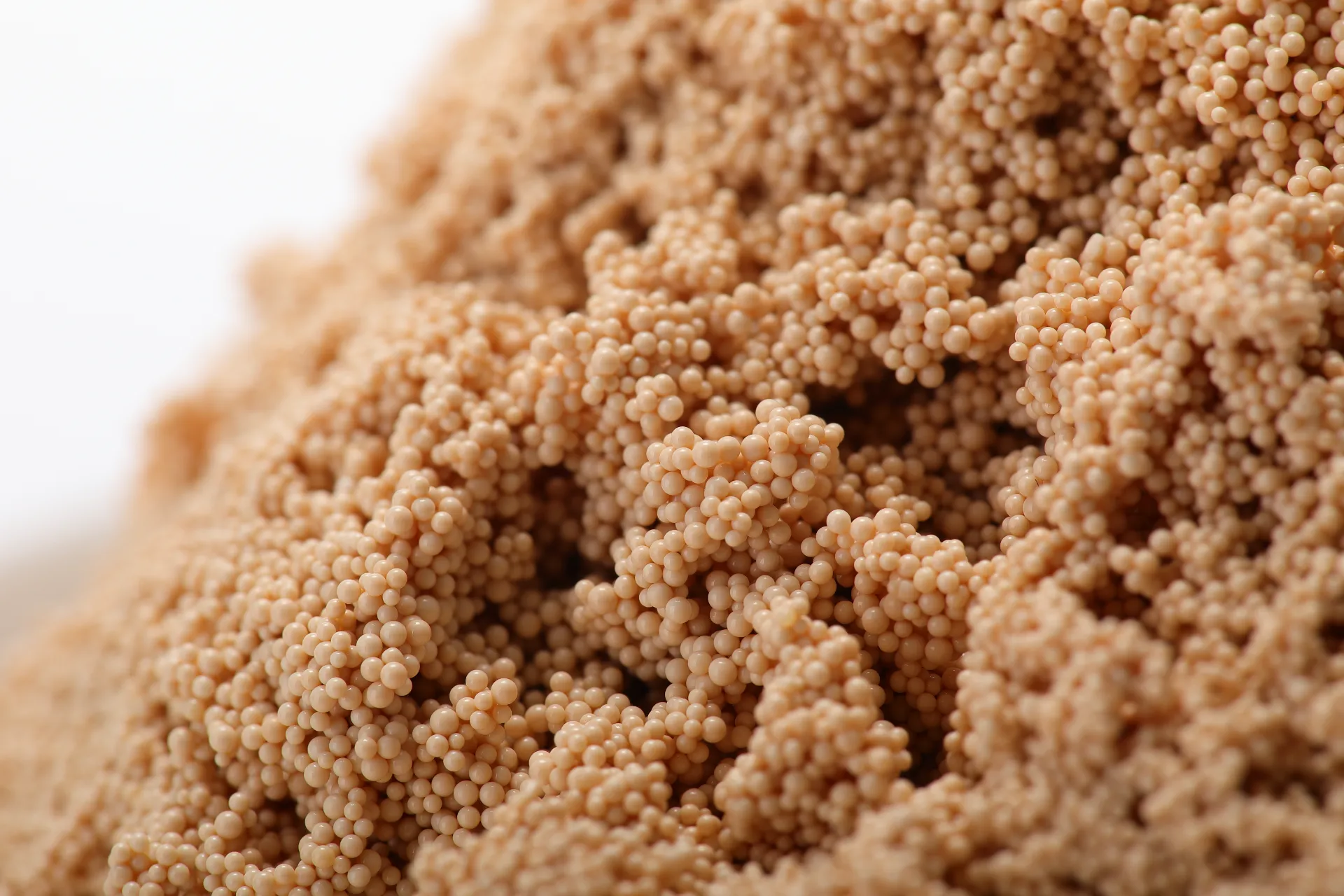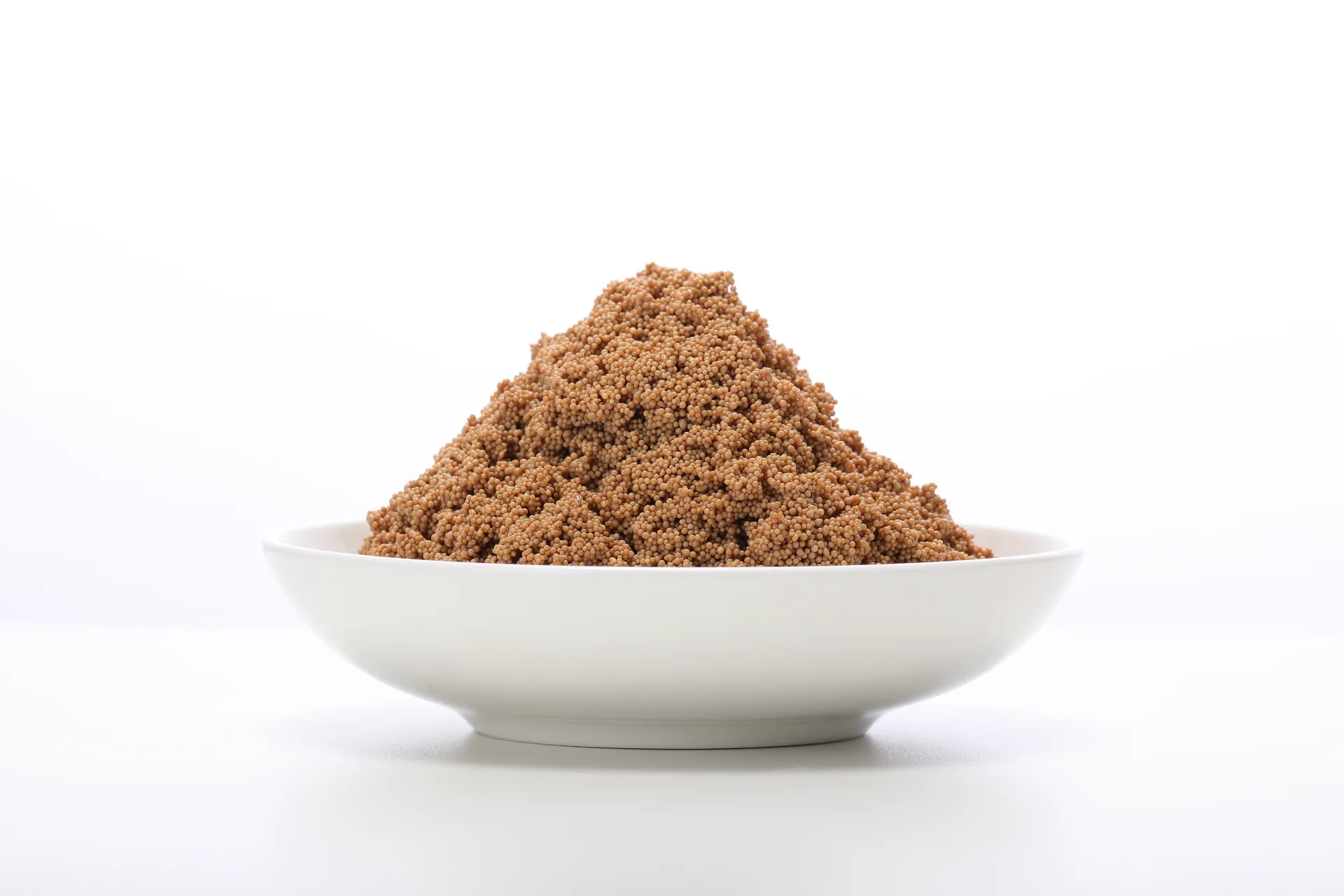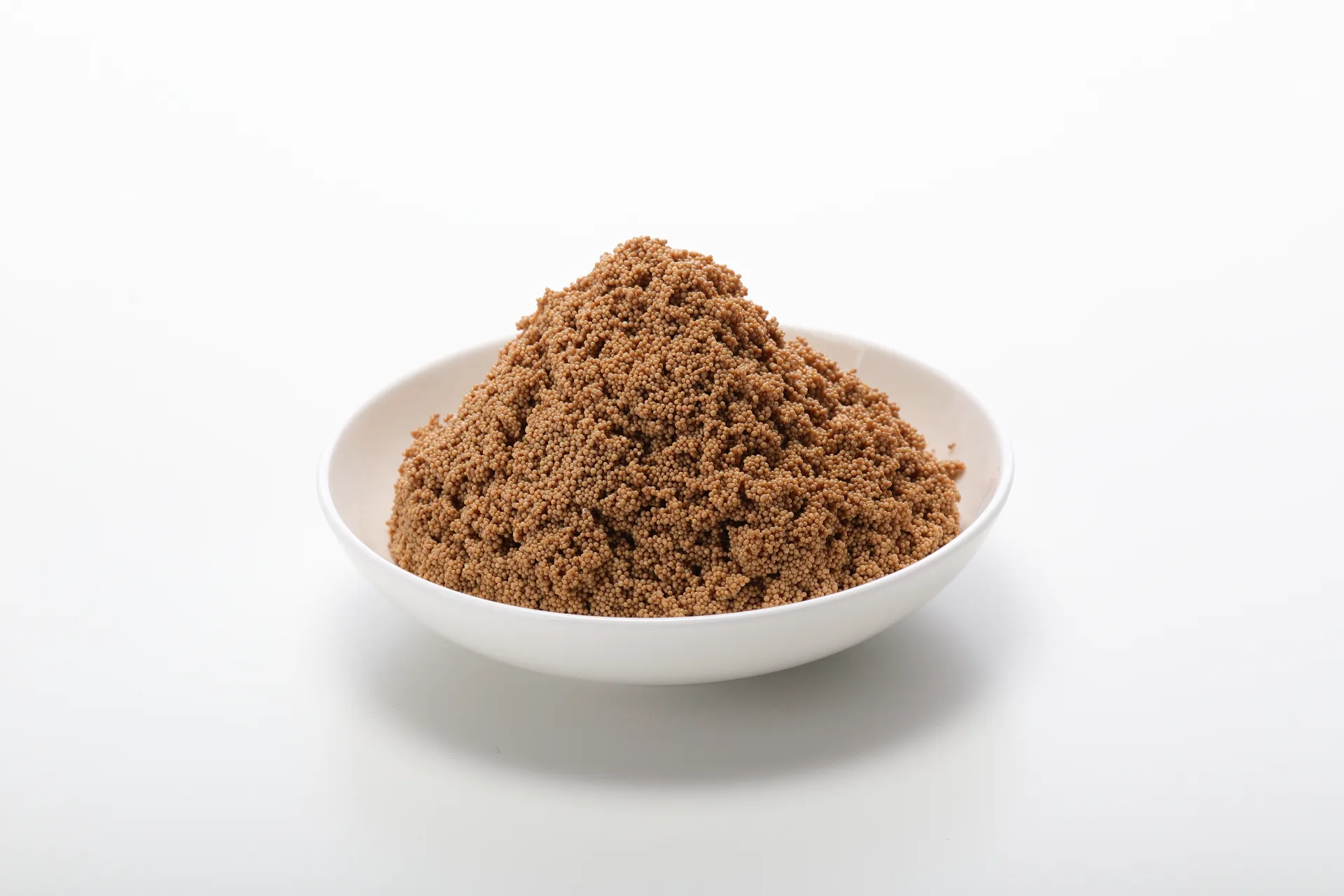Industry Trends in Ion Exchange Resins
The global market for ion exchange resin is experiencing robust growth, driven by escalating demand for purified water across diverse industries, stringent environmental regulations, and advancements in chemical processing. Key trends indicate a significant shift towards highly selective resins, improved regeneration efficiency, and enhanced chemical and mechanical stability to reduce operational costs and environmental impact. The focus is increasingly on sustainable solutions, including those for resource recovery from wastewater streams and for specialized catalytic applications.
Emerging applications in pharmaceuticals, food and beverage, and power generation sectors are also propelling innovation, demanding resins with higher purity standards and specific functional properties. For instance, the need for ultra-pure water in semiconductor manufacturing necessitates advanced resins capable of removing trace contaminants down to parts per trillion levels. Furthermore, the development of resins resistant to fouling and oxidative degradation is critical for prolonging service life in challenging industrial environments. Data from market research suggests a Compound Annual Growth Rate (CAGR) of approximately 4-6% for the ion exchange resin market from 2023 to 2028, underscoring its pivotal role in modern industrial processes.
Process Flow: Manufacturing of Ion Exchange Resins
The manufacturing of ion exchange resin is a sophisticated chemical process involving polymerization, functionalization, and precise quality control. Our resins, such as the Macroporous Strong Acid Cation Exchange Resin D001 FG, are engineered for optimal performance and longevity. The process flow generally follows these critical steps:
1. Polymerization
This initial step involves the suspension polymerization of monomers, typically styrene and divinylbenzene (DVB), to form spherical polymer beads. The DVB acts as a cross-linking agent, providing the structural integrity and insolubility of the resin. For macroporous resins like D001 FG, a porogen is introduced to create a highly porous structure, enhancing kinetic performance and resistance to organic fouling. The ratio of DVB to styrene dictates the cross-linkage degree, influencing the resin’s mechanical strength and swelling properties.
2. Functionalization (Sulfonation for Cation Resins)
After polymerization, the polymer beads undergo functionalization. For strong acid cation resins, this typically involves sulfonation, where sulfonic acid groups (-SO3H) are introduced onto the polymer matrix. These functional groups are responsible for the exchange of cations. The controlled sulfonation ensures a uniform distribution of active sites, maximizing exchange capacity and regeneration efficiency. This is a critical step for defining whether the product will be a strong ion exchange resin or another type.
3. Washing and Classification
The sulfonated resin beads are thoroughly washed to remove residual chemicals and unreacted reagents. Subsequently, the beads are classified by size to ensure a uniform particle distribution, which is crucial for optimal hydraulic performance, minimizing pressure drop, and preventing channeling within the resin bed. This step adheres to strict internal quality standards, often exceeding general industry norms.
4. Quality Control and Testing
Before packaging, each batch undergoes rigorous quality control testing based on international standards such as ISO 9001 and internal proprietary benchmarks. These tests evaluate key parameters including total exchange capacity, moisture content, bead size distribution, bulk density, osmotic stability, and resistance to chemical degradation. This ensures consistent product quality and reliable performance.
Target Industries & Advantages:
- Petrochemical: Used for condensate polishing, water demineralization, and catalyst recovery. Advantages include high chemical resistance and excellent thermal stability, ensuring long service life and reduced replacement frequency, directly translating to energy saving and lower operational costs.
- Metallurgy: Critical for treating acidic wastewaters, recovering precious metals, and purifying water for cooling systems. Our resins offer superior corrosion resistance and high selectivity for targeted metal ions, improving process efficiency and environmental compliance.
- Water Supply & Drainage: Essential for water softening, demineralization, and removal of specific contaminants like nitrates or heavy metals. The high kinetic performance of our macroporous resins ensures efficient contaminant removal and robust operation even with varying feedwater quality.
- Power Generation: Utilized in boiler feedwater treatment and condensate polishing to prevent scale formation and turbine corrosion. D001 FG exhibits outstanding osmotic stability and high exchange capacity, minimizing regeneration cycles and enhancing the overall energy efficiency of the plant.
Technical Specifications: Macroporous Strong Acid Cation Exchange Resin D001 FG
Our Macroporous Strong Acid Cation Exchange Resin D001 FG is a premium-grade resin designed for demanding industrial applications requiring high capacity and excellent physical stability. It is particularly effective for water softening, demineralization, and the removal of heavy metal ions. Its macroporous structure provides superior kinetic performance and resistance to osmotic shock and fouling, making it ideal for processes involving high flow rates and fluctuating water compositions.

Product Parameters: D001 FG
| Parameter | Specification (D001 FG) | Test Method |
|---|---|---|
| Polymer Structure | Macroporous Polystyrene-Divinylbenzene | Visual Inspection, SEM |
| Functional Group | Sulfonic Acid | Infrared Spectroscopy |
| Ionic Form, as shipped | Na+ | Chemical Analysis |
| Total Exchange Capacity (min) | 1.8 eq/L (Na+ form) | ASTM D2187 |
| Moisture Retention | 48-54% | ASTM D2187 |
| Particle Size Range | 0.60 – 1.60 mm | Sieve Analysis |
| Uniformity Coefficient (max) | 1.6 | Sieve Analysis |
| Reversible Swelling (Na+ to H+) | 8-10% | Volumetric Measurement |
| Specific Gravity | 1.26 – 1.30 | Pycnometer Method |
| Operating pH Range | 0 – 14 | Application Standard |
| Maximum Operating Temperature | 120°C (248°F) | Thermal Stability Test |
Note: These specifications are typical values and may vary slightly. Detailed Certificates of Analysis are available upon request for each batch.
Application Scenarios and Technical Advantages
The versatility of ion exchange resin allows for its deployment across a broad spectrum of industrial applications. Our resins are engineered to provide specific technical advantages, addressing critical challenges in water treatment and chemical processing.
Typical Application Scenarios:
- Industrial Water Treatment: Demineralization for boiler feed water, cooling tower make-up, and process water for various manufacturing lines. Our D001 FG resin efficiently removes hardness ions (Ca2+, Mg2+) and other cations, preventing scaling and corrosion in critical equipment.
- Ultrapure Water Production: In industries such as electronics, pharmaceuticals, and power generation, achieving ultrapure water requires a combination of strong acid cation resins and weak anion exchange resin or strong base anion resins for complete ion removal.
- Sugar and Sweetener Decolorization: Specialized ion exchange resin variants are used to remove color bodies and impurities from sugar syrups, enhancing product quality.
- Hydrometallurgy: Selective extraction and recovery of valuable metals (e.g., gold, uranium, nickel) from leach solutions and wastewater streams.
- Catalysis: Strong acid cation resins, in their H+ form, can act as solid acid catalysts in various organic synthesis reactions, offering advantages over homogeneous catalysts in terms of separation and recyclability.
- Groundwater Remediation: Removal of inorganic contaminants such as nitrates, perchlorates, and heavy metals from contaminated groundwater sources.

Technical Advantages of Our Resins:
- High Exchange Capacity: Our resins possess a high density of functional groups, enabling efficient removal of target ions and extending service cycles between regenerations.
- Superior Kinetic Performance: The macroporous structure of resins like D001 FG provides a larger surface area and shorter diffusion paths, leading to faster ion exchange kinetics and improved performance at high flow rates.
- Exceptional Physical Stability: Engineered to withstand osmotic shock, chemical attack, and mechanical attrition, ensuring a long operational life and minimizing resin loss in demanding industrial environments.
- Resistance to Fouling: The macroporous matrix is less susceptible to organic fouling, particularly beneficial in treating waters with high organic content, maintaining consistent performance over time.
- Optimized Regeneration Efficiency: Designed for effective and complete regeneration with minimal regenerant consumption, reducing chemical costs and waste generation.
- Consistent Quality: Manufactured under stringent ISO 9001 certified processes, ensuring batch-to-batch consistency and reliable performance.
Vendor Comparison and Customized Solutions
Selecting the right supplier for ion exchange resin is paramount for ensuring process efficiency, operational reliability, and cost-effectiveness. Our commitment to quality, innovation, and customer-centric solutions distinguishes us in a competitive market.
Comparative Analysis of Ion Exchange Resin Suppliers:
| Feature/Aspect | Our Company (LijiResin) | Competitor A (Large Global) | Competitor B (Specialized Niche) |
|---|---|---|---|
| Product Range & Specialization | Extensive, with strong focus on high-performance macroporous strong acid cation and specialized anion resins. | Very broad, covers most types; less focus on specific innovation post-acquisition. | Limited, highly specialized for niche applications (e.g., ultrapure, specific separations). |
| Quality Certifications | ISO 9001, NSF/ANSI 61 (select products), internal stringent QA/QC. | ISO 9001, FDA (for food grade), some regional certifications. | ISO 9001, often proprietary performance certifications. |
| Customization Capabilities | High – tailored bead size, cross-linkage, functional groups, and packaging. | Moderate to Low – primarily standard products, some large-scale custom orders. | High – focused on modifying existing specialized products. |
| Technical Support | Expert-level, dedicated application engineers, rapid response. | Good, but often tiered, may involve longer resolution times for complex issues. | Excellent for their specific niche, less general expertise. |
| Lead Time for Standard Products | Typically 2-4 weeks. Expedited options available. | Varies widely, 3-8 weeks depending on stock and global logistics. | Can be longer due to smaller production runs, 4-10 weeks. |
| Cost-Efficiency | Optimal balance of performance and cost, high ROI due to longevity. | Competitive at scale, but may have higher premium for specialized grades. | Higher initial cost, but potentially higher long-term value for very specific needs. |
Customized Solutions: Tailoring Resin Performance
We understand that off-the-shelf solutions may not always meet the unique requirements of every industrial process. Our engineering team specializes in developing customized ion exchange resin solutions. This includes:
- Specific Cross-linkage Adjustment: Modifying the DVB content to fine-tune physical stability, selectivity, and osmotic properties for extreme operating conditions.
- Tailored Functional Groups: Developing resins with specific functional groups or combinations for enhanced selectivity towards particular ions or organic molecules, moving beyond standard strong ion exchange resin or weak anion types.
- Optimized Bead Size Distribution: Customizing particle size to minimize pressure drop or optimize kinetic performance in specific reactor designs.
- Surface Modification: Implementing surface treatments to enhance anti-fouling characteristics or improve interaction with challenging matrices.
- Proprietary Blends: Creating custom blends of different resin types to achieve multi-functional purification or separation objectives in a single unit operation.
Our collaborative approach involves detailed process analysis, pilot testing, and iterative development to deliver a resin solution precisely engineered for your specific challenges, ensuring optimal performance and maximum return on investment.
Application Case Studies & Customer Feedback
Our expertise in ion exchange resin solutions is demonstrated through successful deployments across various industries. Here are examples showcasing the impact of our products and services.
Case Study 1: Large-Scale Boiler Feedwater Demineralization
Client: Major Thermal Power Plant, Southeast Asia
Challenge: The power plant required high-purity boiler feedwater (conductivity < 0.1 µS/cm) from a raw water source with high total dissolved solids (TDS) and fluctuating silica levels. Their existing conventional demineralization system was struggling with frequent regeneration cycles and premature resin degradation, leading to high operational costs and downtime.
Solution: We recommended and supplied our Macroporous Strong Acid Cation Exchange Resin D001 FG in conjunction with a high-capacity strong base anion resin for their mixed-bed polishers. Our technical team provided comprehensive support for system design optimization and operational training.
Results & Customer Feedback: The new resin system achieved the target feedwater quality consistently. The D001 FG’s superior osmotic stability and resistance to fouling significantly extended the service cycle by 35% compared to their previous resin, reducing regenerant chemical consumption by 20% and downtime by 15%. The plant manager noted, “The performance of LijiResin’s D001 FG has been exceptional. We’ve seen a noticeable reduction in our operating expenses and improved reliability. Their technical support during commissioning was invaluable.”

Case Study 2: Chromium Removal from Electroplating Wastewater
Client: Automotive Parts Manufacturer, Europe
Challenge: The client faced strict environmental regulations regarding hexavalent chromium (Cr6+) discharge from their electroplating facility. Their conventional precipitation method was inefficient and generated excessive sludge, failing to meet the discharge limits consistently.
Solution: We implemented a specialized macroporous weak anion exchange resin designed for selective chromium removal, followed by a post-treatment with a strong ion exchange resin to polish the effluent. This tailored two-stage system was integrated into their existing wastewater treatment infrastructure.
Results & Customer Feedback: The system consistently reduced Cr6+ concentrations from 50 mg/L to below 0.05 mg/L, well within regulatory limits. The selective nature of the weak anion resin also allowed for efficient regeneration and recovery of concentrated chromium, reducing chemical waste by 40% and providing potential for resource recovery. “The customized resin solution from LijiResin has transformed our wastewater treatment. We’ve achieved full compliance, reduced operating costs, and even found a way to potentially reuse some of our waste streams. Their technical team’s understanding of our unique process was impressive,” commented the Environmental Compliance Officer.
Trustworthiness: FAQ, Logistics, Warranty & Support
Building and maintaining trust with our B2B partners is at the core of our operations. We ensure transparency in our processes, reliable product delivery, and comprehensive post-sales support for every ion exchange resin solution.
Frequently Asked Questions (FAQ):
Q: How do I choose the right ion exchange resin for my application?
A: The selection depends on various factors including the influent water quality, target contaminants, required effluent quality, flow rate, temperature, and regeneration chemicals. Our technical experts can provide a detailed analysis and recommend the most suitable resin type (e.g., strong acid cation, weak anion exchange resin, macroporous, gel-type) and specific product for your needs.
Q: What is the typical service life of your resins?
A: The service life of an ion exchange resin varies significantly based on operating conditions, regenerant quality, and exposure to fouling agents or oxidants. Under optimal conditions and proper operation, our resins are designed to last 3-10 years, with some specialized resins potentially exceeding this. Our robust D001 FG strong acid cation resin, for example, is known for its extended longevity in demanding industrial processes due to its high physical and chemical stability.
Q: Are your resins certified for specific applications?
A: Yes, many of our resins carry certifications such as ISO 9001 for quality management. Specific grades intended for potable water or food contact applications may hold NSF/ANSI 61 or FDA compliance. Please inquire about specific product certifications relevant to your application.
Lead Time and Fulfillment:
We maintain a robust supply chain and optimized manufacturing processes to ensure timely delivery. For standard ion exchange resin products like D001 FG, our typical lead time is 2-4 weeks for orders within standard quantities. Expedited shipping options are available upon request. For large volume or customized orders, lead times will be communicated clearly during the quotation process. We utilize established logistics partners to ensure safe and efficient global delivery.
Warranty Commitments:
We stand behind the quality and performance of our ion exchange resin products. All resins are supplied with a standard warranty against manufacturing defects and conformance to stated specifications for a period of 12 months from the date of shipment or 6 months from the date of installation, whichever comes first. Detailed warranty terms and conditions are provided with each purchase agreement.
Customer Support and After-Sales Service:
Our commitment extends beyond product delivery. We offer comprehensive customer support including:
- Technical Consultation: Our team of experienced chemical engineers and application specialists are available for pre-sales and post-sales consultation, system design assistance, and troubleshooting.
- On-Site Support: For complex installations or performance issues, on-site technical assistance can be arranged globally.
- Training Programs: We provide training for your operational and maintenance personnel on proper resin handling, system operation, and regeneration procedures to maximize resin life and performance.
- Resin Analysis Services: We offer laboratory services for analyzing spent resin samples to diagnose performance issues, predict remaining life, and optimize regeneration protocols.
Our dedicated support team can be reached via phone, email, or our online portal for prompt assistance, ensuring your operations run smoothly and efficiently.
References:
- Helfferich, F. G. (1995). Ion Exchange. Dover Publications.
- Marcus, Y. (2009). Ion Exchange Resins. Encyclopedia of Separation Science.
- Sengupta, A. K. (2017). Ion Exchange in Environmental Processes: Fundamentals, Applications, and Sustainable Technology. John Wiley & Sons.
- Kirk-Othmer Encyclopedia of Chemical Technology, Ion-Exchange Polymers. (2004). John Wiley & Sons.
- U.S. Environmental Protection Agency. (2002). Ion Exchange Treatment for the Removal of Nitrate from Drinking Water. EPA 816-R-02-005.
Hebei Lijiang Biotechnology Co., Ltd, is a new material manufacturer specializing in the production of high-performance special ion exchange resins.mixed bed resin suppliers It is a modern high-tech enterprise that integrates the research and development,production, sales, and service of resin materials and resin terminal products.ion exchange resin The company is committed to producing high-quality industrial grade, food grade,pharmaceutical grade, and nuclear grade resins.cation exchange resin It has passed ISO9001 management certification,SGS certification, and WQA international certification from the American Water Quality Association, and has obtained a national food hygiene license. Food grade resin products comply with FDA standards in the United States.super blog